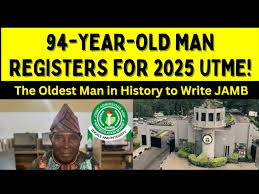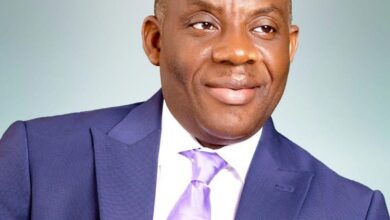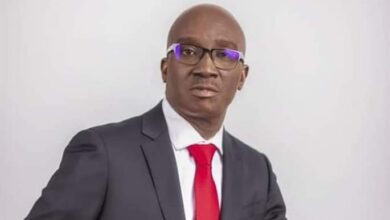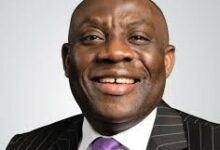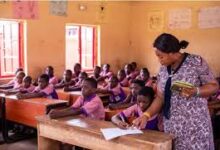IBB’s book: It only re-opened old wounds, says LASU Professor
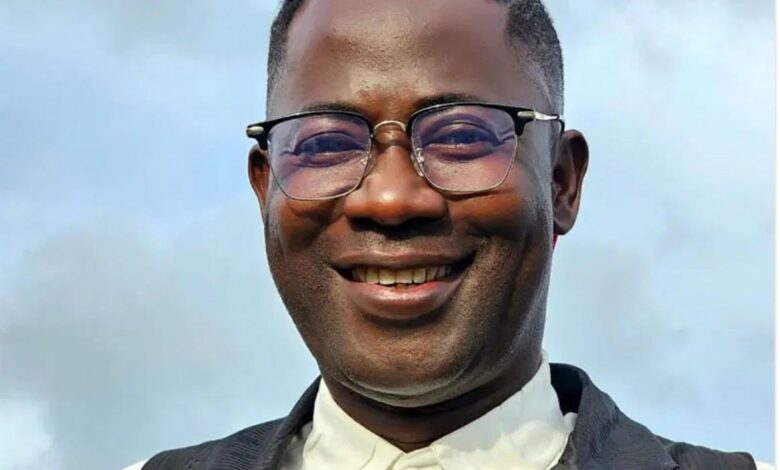
A Professor of History and International Studies at Lagos State University, Adewunmi Falode, has criticised the recent book “A Journey in Service”, authored by former Military President, Gen. Ibrahim Badamosi Babangida, stating that the book is only a self-appraisal that seeks to distance the former military head of state from his foibles when he was in power.
In an interview with TodayPriceNG, Professor Falode told our correspondent that in the book, IBB portrayed himself as a helpless individual who was caught in the web of a tempest, but he only succeeded in re-opening old wounds, especially as the former head of state knew the major actors are no longer around to dispute his narratives.
His words; “I find it interesting that the man enjoys buck-passing. He blamed everyone except himself. He portrayed himself as a helpless individual caught in a tempest. It was as if there were principalities above him, and there was nothing he could do. Of course, we know that to be a fallacy. A president has enormous powers.
“I am not talking about just any president, but a military president, a dictator! For him to now say it was Sani Abacha or one judge who was responsible for the annulment of the June 12 election, is to shift the blame. “Moshood Kashimawo Abiola is long gone. Most of the major actors in this event are no longer alive. All the living people, who played different roles at the time were at his book launch, smiling with him; he’s blaming people, who are no longer here. 70% of Nigeria’s population wasn’t even around when these events took place. It’s for us, the older generation, to ask the right questions, ‘Why is this man not telling the truth?’
“Because we were living witnesses to these events. We knew the part this man played in the annulment of the June 12 election. He took no responsibility for what happened and now he’s blaming the dead people, who can’t counter whatever he’s saying.
“The dead can’t refute anything he says about them. Sani Abacha isn’t here to tell us what he’s saying isn’t true. Most of the major actors aren’t alive either, so there’s no accountability. How can he call Abiola his dear friend, his best friend, and yet not allow him to become president? He pushed everything onto Abacha.
“And of course, he justified the killing of Mamman Vatsa, who was his best friend. Vatsa was the best man at his wedding if I remember correctly. He even said they wore the same shirt. He tried to justify the killing by saying that in the military, death is the consequence of coups, so that’s why he had to kill Vatsa. That’s the man. He justified everything. He justified everything that happened. It’s like he’s trying to tell everyone that his hands are clean and that he didn’t do anything wrong.”
On the 30-year delay before the writing of the book, Professor Falode said, “It is not important. We need more of this in Nigeria. You see when we do research or write dissertations, we talk about primary and secondary sources. You use one to fact-check the other. I mean, it’s an autobiography. You don’t expect him to call himself a sinner or tell you that he’s going to hell. He has the right to write whatever he wants in that book. It’s his own God-given right. It’s his book. We historians have the right to fact-check him. Despite the fact that he’s trying to lionize his administration during that period, there are some nuggets, some bits of historical facts that we can still distil from the autobiography. That’s why this work is welcome.
“In fact, we would be happy if every former Nigerian president could account for their stewardship, even if belatedly. We could use that to build a comprehensive history of events in Nigeria. That’s the job of a historian, not a storyteller. Once we analyse and synthesise all this, we’ll be able to get to the truth. So, if former President Muhammadu Buhari writes his own book, former President Olusegun Obasanjo, who is a prolific writer, writes his, and former President Goodluck Jonathan writes him, we can start from there.
“Then, from these books, historians can sit down and do their job. We can reconstruct or construct the events that happened in Nigeria in that era. It’s an autobiography, so you expect some level of bias, which isn’t a big deal for historians.” On whether the book will end the long-standing controversies around the former military president’s legacy, he noted, “Even 90% of Nigerians are already lambasting the man, calling him a liar, using his favourite nickname, ‘Maradona’ or ‘Dribbler.’ The man is never straightforward. There is no closure.
Related News
‘See you in court’: Trump, governor spar over trans rights
Plateau govt suspends mining activities to curb insecurity
“In fact, he opened more cans of worms. The interesting thing is that he mentioned other important actors in Nigeria’s political drama, and we can use their accounts to corroborate or refute some of the assumptions. “I think the man is opening more wounds than trying to heal them. Again, as historians, we’re not interested in what’s right or wrong. We’re not being judgmental. That’s his version of events. Our job is to reconstruct or extract the truth from multiple sources, including those that are still alive. The problem with Nigerian history, as I always say, is that you never get the full truth until the principal actors are dead. It’s only when people like Obasanjo, Danjuma, and others die—maybe even after Buhari’s death—that those who are afraid to speak will finally tell the truth.
“The book is all about the blame game. He blames everybody but exonerates himself. He tries to claim that he’s a child of circumstance. How can a soldier, someone who kills people—not just in general—be faint-hearted? Your job is to have a heart of steel. It wasn’t his fault. There was nothing he could do. In fact, he even tried to intercede on behalf of Abiola. It was Abacha who stabbed Abiola in the back. This man simply crafted a fantastic story.”

